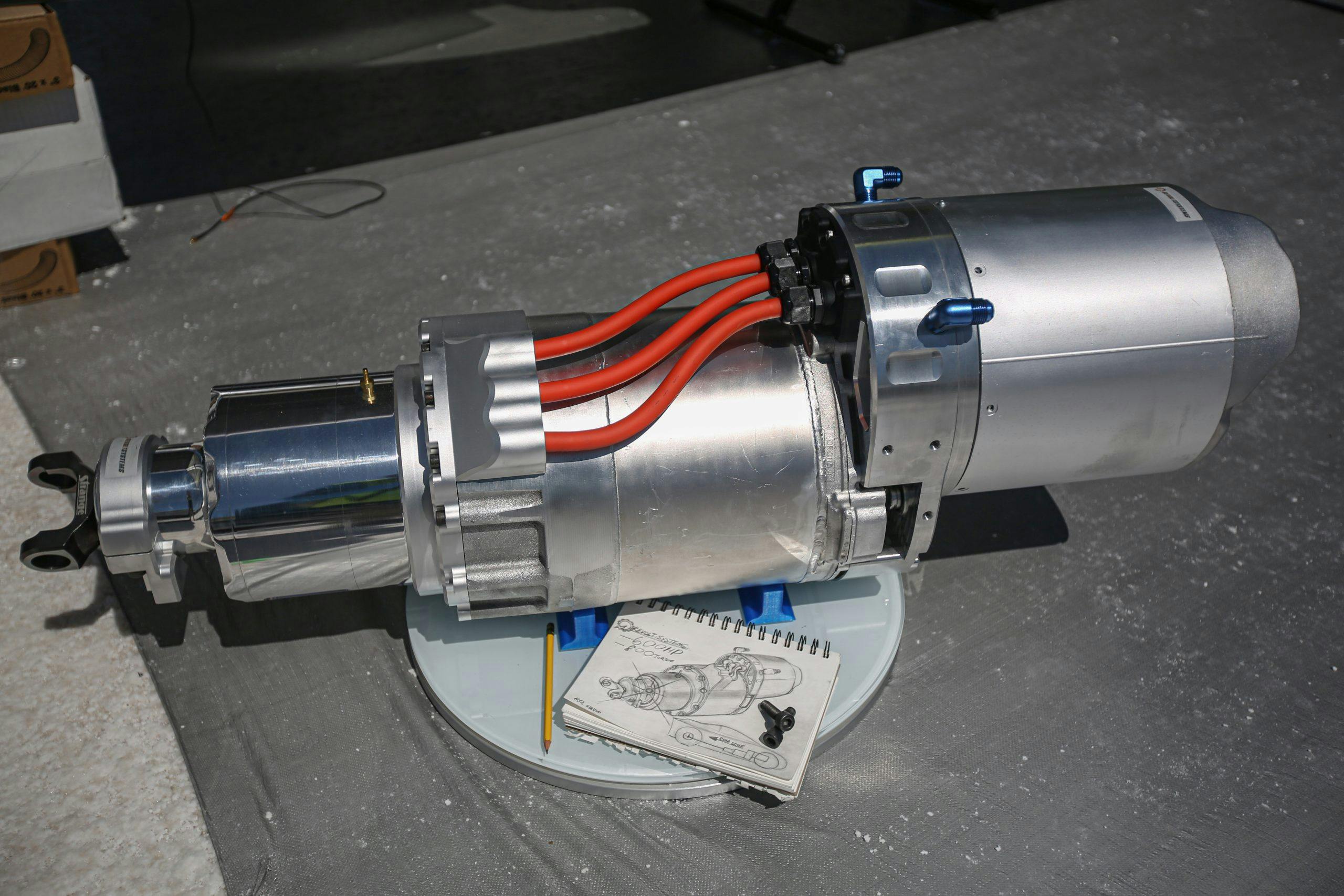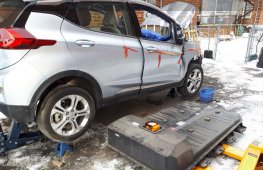Is the arrow pointing to the bars available?A used Nissan Leaf is probably the cheapest EV you can get right now.
I bought a used 2012 Leaf w/ 11 bars remaining (out of 12) several years ago. The original owner said that the battery pack was replaced under warranty a couple of years prior to that. I've owned the 2012 Leaf for about 4 years and it now has 9 out of 12 bars remaining. They say that each bar is about 8% of capacity. I live in Las Vegas. The heat has not affected it much.
I've had nearly zero problems with the Leaf in all this time. Only things I've ever done was top off the coolant when I first got the car because it was a little bit low. And about 2 years ago a water pump went out, but I didn't fix it for over a year because that pump was used for driving in cold climate. There's a second pump that is used in warm climates. The first pump has something to do with heating up the antifreeze. I never fixed it until I was thinking about selling it/trading it in. So I bought the part off eBay and fixed it myself. It was a rather expensive part at $250 for a water pump. From what I've read in a Leaf forum, this pump failure is quite common and parts are kind of hard to come by. A Nissan dealer would charge $800+.
The big issue with range on the Leaf is that the estimate on the dash is wildly inaccurate. When I go to Costco on a full charge leaving home, the range guess-meter says around 65 miles. When I get to Costco, it says about 20 miles. The Costco I go to is 15 miles away. Here's the kicker. On the way home, that 20 miles guess-meter increases as I get closer to home. When I'm about 5 miles from home, the range guess-meter shows 25. When I do get home, it would be about 22 miles.
How you drive also makes a big difference. Being in Las Vegas, my AC is always on except for a couple of months during the winter. Avoiding freeways or going over 60 mph really helps in getting more range. For whatever reason the Leaf gets really bad mileage when you go fast. The miles per kw goes down to as low as 2 miles/kw. Driving slower or taking the streets, I average around 4.2 to 4.5 miles/kw.
If I were buying a used Leaf now, knowing what I know now from owning a Leaf for 4 years, I would not buy a Leaf with less than 9 bars on the capacity gauge. My Leaf currently has 9 bars remaining and I estimate that I can still drive it at least another 5 or 6 years before the range becomes so low that I would have to get another vehicle and use the Leaf as a golf car just to go to places nearby like the supermarket, drug store, etc.
In case you don't already know, the most important thing is the battery capacity gauge. I put a big red arrow pointing to it in the attached picture. Full capacity is 12 bars. I read somewhere that it is possible to fake that info on the dash by changing some data via the OBD port. But I don't know much about it.
I count 11, not 9...







